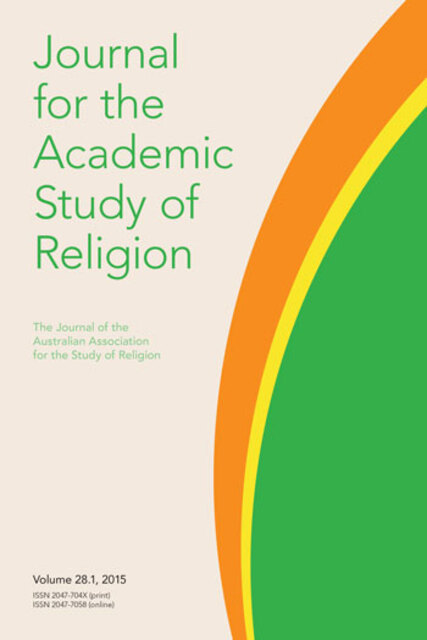Fasting in Christianity and Gurdjieff

Full description
The use of fasting by the Greek-Armenian mystic G.I. Gurdjieff (c. 1866– 1949) has never been studied. Although it was not as important in Gurdjieff’s system as his better known methods (e.g. self-observation and the sacred dances), fasting nonetheless numbered among the techniques he employed for ‘self-remembering’. Over a period of about twenty-five years, Gurdjieff variously stated that fasting could be used for developing the will, altering the tempo of one’s metabolism, curing disease and cleansing the body and for self-study. Gurdjieff also had unique, if unscientific, ideas on how to fast. This article gathers the relevant material, some of which has never been published, and offers a preliminary assessment and evaluation of the significance of Gurdjieff’s ideas about fasting. It is fair to say that, for Gurdjieff, fasting is important because eating is important in his system and was used as a means for development of consciousness or ‘self-remembering’. Then, according to Gurdjieff, the development of consciousness will, by a sort of providence, produce ‘higher hydrogens’ available for the trogoautoegocratic process.
- typeImage
- created on
- file formatjpeg
- file size24 KB
- container titleJournal for the Academic Study of Religion
- creatorJoseph Azize
- issnISSN:1744-9014 (online)
- issue27.3
- publisherEquinox Publishing Ltd.
- publisher placeSheffield, United Kingdom
- doi
We use cookies to analyze our traffic. Please decide if you are willing to accept cookies from our website. You can change this setting anytime in Privacy Settings.
